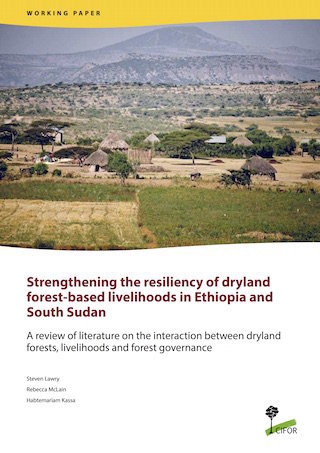Focal point
Location
The Center for International Forestry Research (CIFOR) is a non-profit, scientific facility that conducts research on the most pressing challenges of forest and landscapes management around the world. With our global, multidisciplinary approach, we aim to improve human well-being, protect the environment, and increase equity. To do so, we help policymakers, practitioners and communities make decisions based on solid science about how they use and manage their forests and landscapes.
Capacity building, collaboration and partnerships are essential to finding and implementing innovative solutions to the challenges that the globe faces. We are proud to work with local and international partners. We are a member of the CGIAR Consortium and lead the CGIAR Research Program on Forests, Trees and Agroforestry.
Our headquarters are in Bogor, Indonesia. We have offices in 8 countries across Asia, Latin America and Africa, and we work in more than 30 countries. Contact us for more information.
Resources
Displaying 121 - 125 of 808Zero-deforestation commitments in Indonesia
Zero-deforestation commitments are emerging rapidly in Indonesia. They already encompass a large portion of crude palm oil production and almost all the pulp and paper (P&P) sector; typically, they reflect the values of the “no-deforestation, no-exploitation (social) and no-peat” policies.
These commitments depend on definitions of ‘forests’ for their identification and conservation, which in turn rely on methodologies such as High Conservation Value and High Carbon Stock.
Strengthening the resiliency of dryland forest-based livelihoods in Ethiopia and South Sudan
This literature review explores how political, economic and resource management policies and programs can reduce forest degradation and increase the contribution of forest goods and services to sustainable livelihood strategies. In Ethiopia, studies indicate that forest dependency is strong throughout the country, but the importance of forest income varies across different regions and wealth categories. Research suggests that improving forest product market governance is key to strengthening forest livelihood resiliency.





